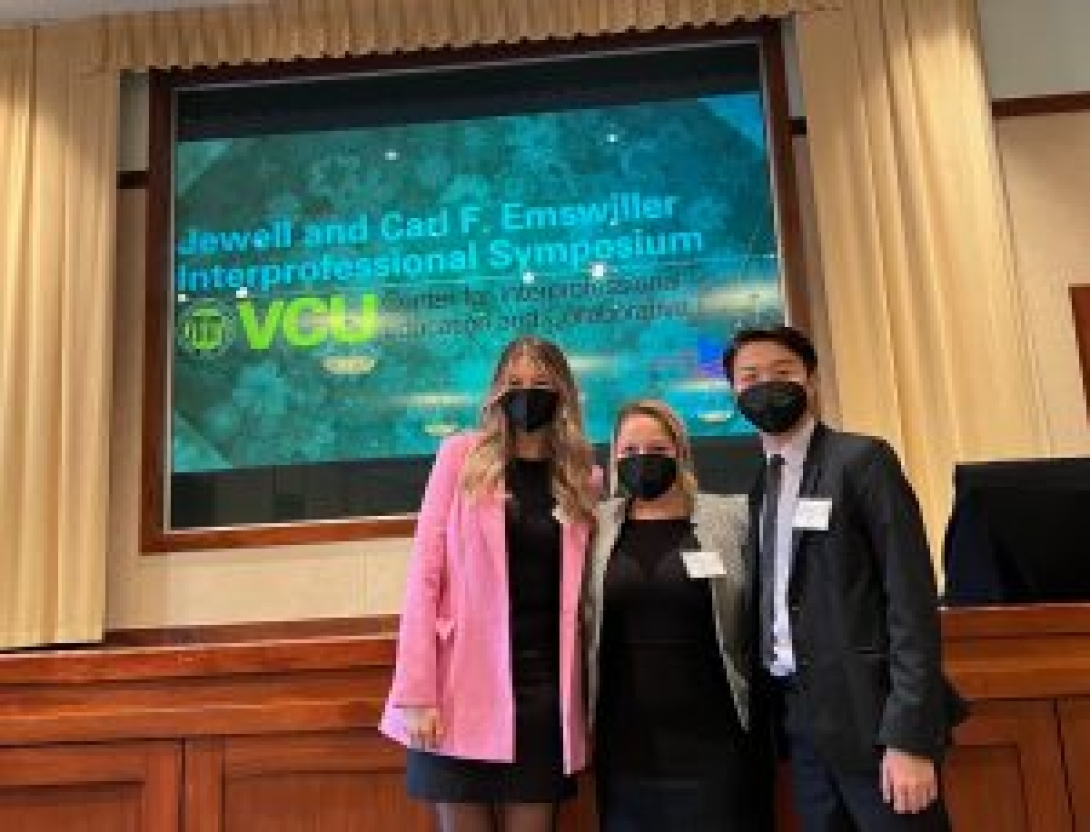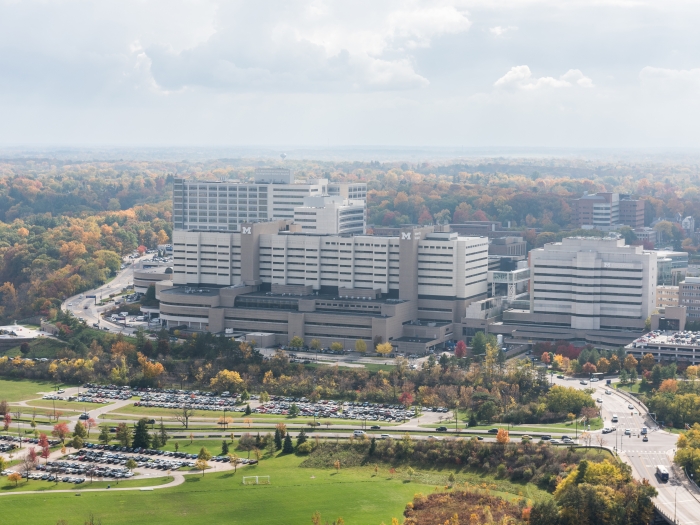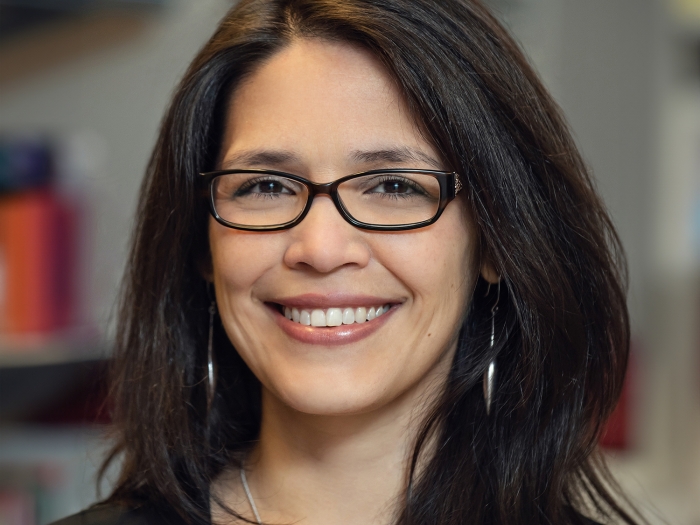4:39 PM
Author |
As a high schooler, I was involved in a life-threatening motor vehicle crash. I had a team of a variety of health care professionals who brought my life back into this world and truly are the reason I recovered as well as I did. Though I did not know it at the time, that experience would have as big an impact on my professional life as my personal life.
Prior to medical school, I worked on an interdisciplinary team in a primary care clinic where I saw first-hand from the provider perspective how much interprofessional work can improve patient care. I knew when I came to medical school that I wanted to find a place that would not only support my passion for interprofessional education (IPE), but also work to ensure that all the trainees left the program with the same open mindset and desire to work with other health professionals. I found that at Michigan.
From the beginning of my medical school experience, I embarked on a journey to work with the faculty at Michigan to ensure an incredible IPE experience for all.
I started serving as the IPE representative on student council for my medical school class. There, I had the opportunity to work closely alongside Dr. Bishop, the Director of IPE at University of Michigan Medical School. From the beginning, he was so incredibly receptive to all student feedback. Not only did he care about my success with IPE, but he also cared about me as a person and never missed a moment to ask how I was doing. We even got lunch one day when I was on a rotation in his clinic. I knew that any time I needed something, he would drop everything to be there for me. This is not unique to Dr. Bishop but is present through Michigan Medicine.
As the IPE representative, I also got the chance to work Carrie Braun, the IPE Program Manager. She offered an immense knowledge from years of medical education and an unmatched excitement about working with students. She, too, always checked in on me and asked what she could do to help.
Dr. Bishop and Carrie are never content with being "great;" they strive for excellence in the support and education that they provide to the medical students. We worked as a team to help revamp some of the IPE courses offered to the medical school based directly on student feedback. We then crafted a novel idea to track the "real-life" interprofessional experiences of medical students during their clinical rotations. The results were incredible; so much amazing IPE took place throughout the hospital daily. We went on to interview several health professionals about how medical students can best work with them and advise on how students could do well in the clinical rotation for their specific department. The videos were edited and provided to the students prior to starting their clinical rotations and received positive feedback. To our knowledge, no other medical school offers that type of introduction to the clinical rotation as part of their curriculum. Initially I thought the idea was unattainable, but Dr. Bishop and Carrie were determined to turn my concept into reality.
In addition to my partnerships with Dr. Bishop and Carrie, I also helped to mentor the medical students in classes below mine on how to become involved in IPE and the importance of IPE in clinical care.
I also became a co-chair for the Student Advisory Committee (SAC) at U-M, which is a committee run entirely by students and housed under the Center for IPE (C-IPE). The SAC unites students across the U-M health professional schools to promote and engage students in IPE, with a goal of ensuring that graduates will be prepared to work in interprofessional environments upon leaving the university. Through SAC, I met two of my best friends who are dental students. I've learned so much about how to be a better health care provider from collaborating with them and hearing all the different perspectives from various health professional students. The university even funded us to travel around the country presenting our work as a student-led initiative at national conferences.
Through SAC, I also had the opportunity to sit on executive committee for C-IPE. I met faculty from all the different schools and was invited to join one of their curricular planning teams. Together, we created a new experiential IPE course featuring real patients from the Office of Patient Experience at Michigan Medicine called the Longitudinal Interprofessional Family Based Experience (LIFE), where students from a variety of health professional schools were put into teams to learn about their patients' experiences with chronic disease and the impact of the social determinants of health. I had the opportunity to publish and present this innovative work across the country.
These C-IPE workgroups are on the cutting edge of the most novel IPE strategies. C-IPE has gone above and beyond to find creative ways to incorporate my voice as a student in the workgroups. They have never wavered in having a student join their team – in fact, they crave student input. Everyone at Michigan does their work in the name of the students and takes the time to listen to feedback. It has truly been a life-changing experience to be so supported and valued as a student. Combined with the excellence and training of the faculty, the high standard for research and scholarship and the drive to continue improving, the Center is poised to continue being an international leader in paving the way for IPE.
My experiences with C-IPE have helped me to develop numerous personal and professional skills. I have learned how to communicate better and make others feel like an important part of the team. I have confirmed the benefit of gathering different perspectives and relying on your teammates' strengths. I have gained numerous tangible skills to improve my research and writing. I have made friends for life. I have confirmed the beauty of being part of a community here at Michigan that values your opinion and makes you feel heard. The list goes on and on, but I know that all these skills will only make me a better doctor and a better colleague on future care teams. I am so thankful that Michigan has supported me in following my passions and provided these incredible opportunities for development.

University of Michigan Medical School
Want top health & research news weekly? Sign up for Health Lab’s newsletters today!





